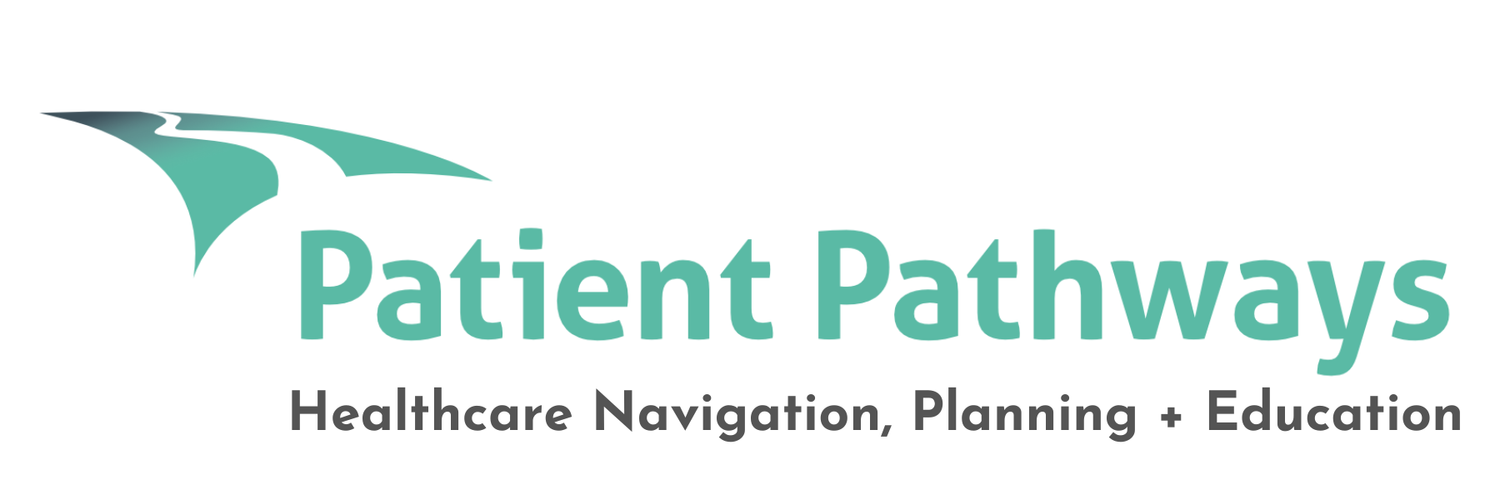Communication: The Power of the Notebook
A notebook, used well, can save you significant time, stress, and missed information and appointments. It may even save your life.
Studies show that we retain as little as 7 to 17% of information, 10 minutes after leaving an important appointment. We colour remembrances with emotion and that can shut down forming accurate, logical memories. If the doctor is cool, dismissive, or distracted, we tend to quit hearing what they have said.
Notebook 101
1. Name, date of birth, and Personal Health Number. This is also a good place for your emergency contacts, especially your Substitute Decision Maker(s)/Representative(s).
2. Past medical and surgical history and your current medications. (Keep this updated.) You can easily refer to it when you’re asked to fill out an intake sheet with a new healthcare professional.
3. Reminders of upcoming tests and appointments: Your doctor’s office is not keeping track of these – it’s your job!
4. Appointment notes.
Recommendation: If you are going into a complex or difficult appointment, have someone with you to take notes. Make notes of concerns and questions you want to ask during the appointment.
During the appointment: Jot notes quickly and simply – and, after the appointment, as soon as possible, fill in all of the blanks.
Date and the actual time.
Who did you see?
What did they say and recommend?
When is the next appointment?
After the appointment: consider typing up the notes and saving them to a “My Healthcare” file and sending them to important people on your team.
In Hospital: The sicker you are, the more important it is to have a care partner at your side (as much as possible) to take these notes:
What nursing unit are you on? Your room number? The phone number for the nursing station?
Every day and every shift: who is your nurse and who else who came to see you.
Wherever possible, try to get the name of the charge nurse or Patient Care Coordinator (PCC) and the person who is in charge of discharge planning.
What tests were done and why?
Is there a plan and next steps?
Your notebook needs to go with you to every medical appointment, every test, and every hospitalization and then readily available for reference. Get in the habit now, even if you have no serious health issues.
A notebook, used well, can save you significant time, stress, and missed information and appointments. It may even save your life. If something goes wrong, you will have all of the information you need to file a complaint. But, if everything goes right, it will give you the names for thank you cards and chocolates.
Studies show that we retain as little as 7 to 17% of information, 10 minutes after leaving an important appointment. We colour remembrances with emotion and that can shut down forming accurate, logical memories. If the doctor is cool, dismissive, or distracted, we tend to quit hearing what they have said.

